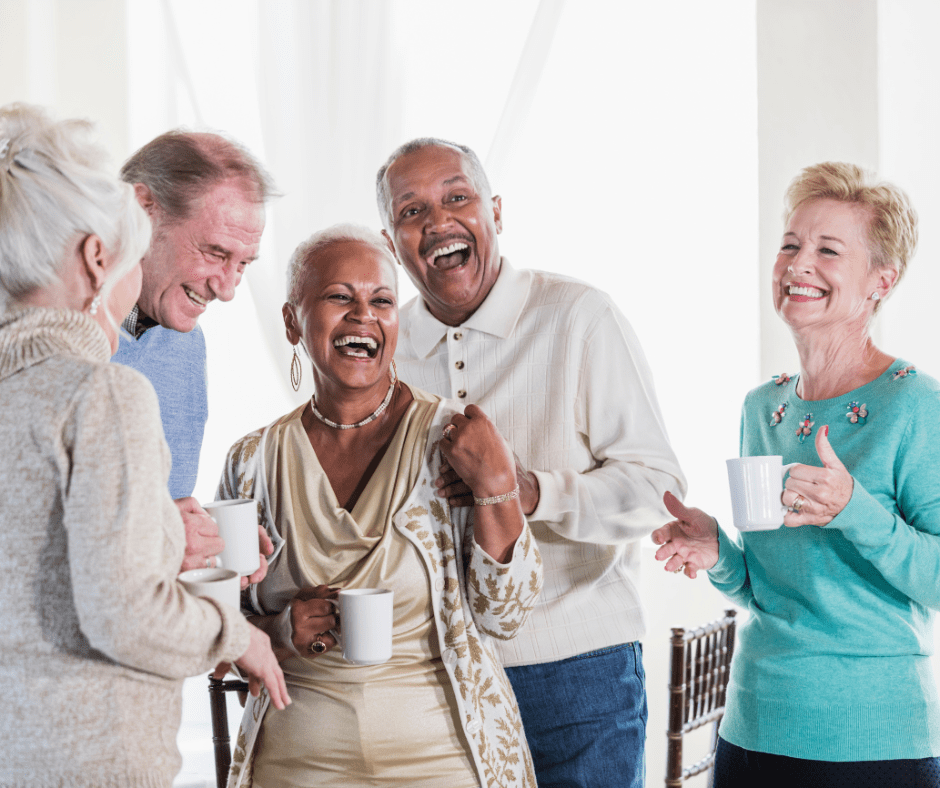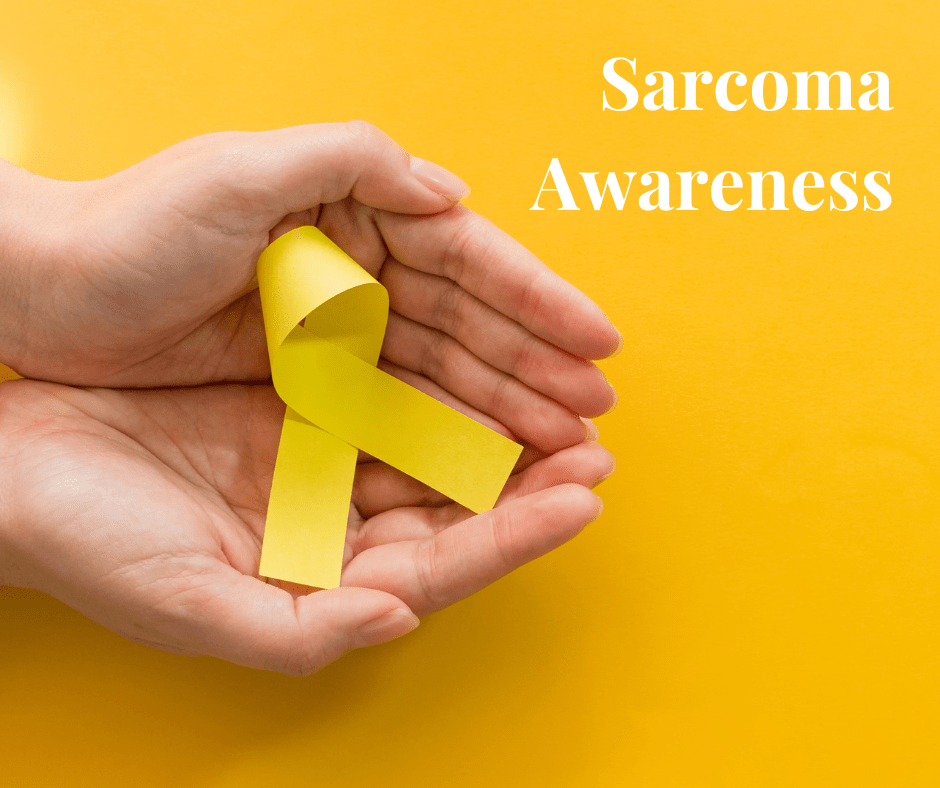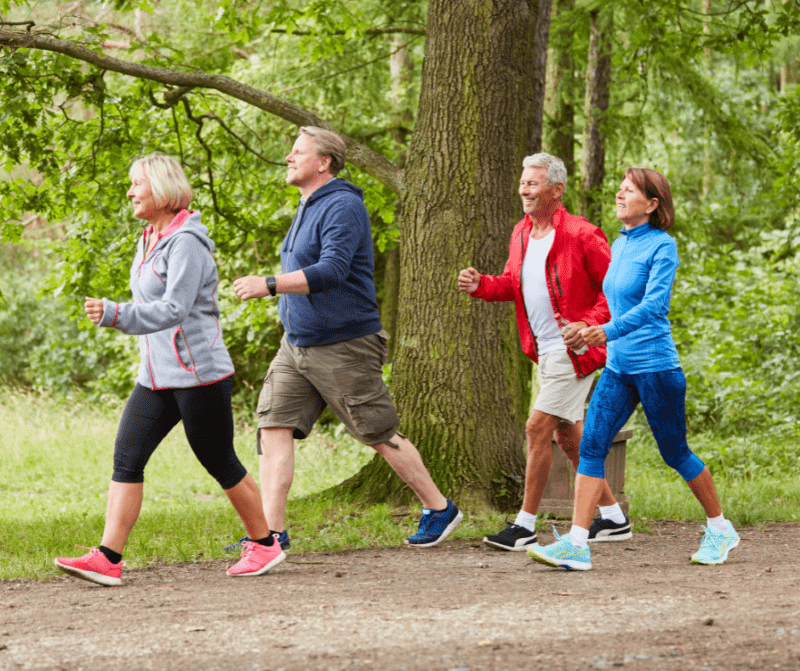
As people grow older, participating in activities that challenge the mind and support emotional well-being becomes more crucial. Discover the cognitive, social, emotional, and psychological benefits of reading as you age.

Explore several activities that are particularly beneficial for seniors looking to maintain and boost their brain health.

As we age, maintaining overall wellness becomes increasingly important. While physical health often takes center stage, social wellness is equally crucial.

July offers an excellent opportunity to learn about sarcoma, its symptoms, and ways to support those affected.

Finding moments of calm and inner peace becomes increasingly important, especially as we age.

Let’s explore how seniors can make the most of this month and beyond.

Discover some of the top sports for seniors that will keep you active and vibrant well into your golden years.

May is here, and it’s a perfect time to shine a light on those creaky joints and learn a thing or two about arthritis!

Discover different avenues for seniors to engage in volunteer work and make a positive impact in their communities.

Making the move to a senior living community can have a number of positive effects on your life, but did you know it could even improve your overall wellness?
